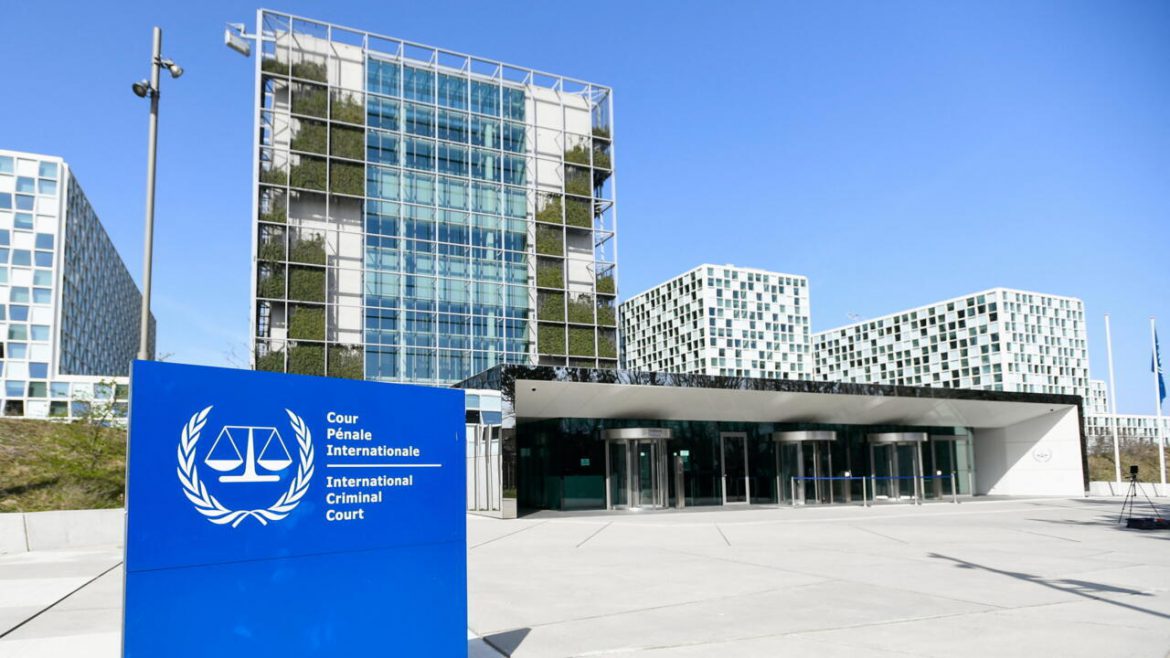By Andranik Aboyan
The Armenian government, under Prime Minister Nikol Pashinyan’s Civil Contract party, continues to delay meaningful action on international lawsuits filed against Azerbaijan following the 2020 Artsakh war. While officials claim there are no current plans to withdraw the cases, their track record suggests a troubling willingness to entertain such a move in pursuit of a peace treaty that many argue is fundamentally unattainable under current conditions.
Armenia has filed four lawsuits with the European Court of Human Rights (ECHR) and one with the International Court of Justice (ICJ), accusing Azerbaijan of war crimes, occupying Armenian territory, violating prisoners’ rights, and forcibly displacing the Armenian population of Artsakh. Yet Pashinyan has repeatedly hinted at dropping these cases as part of a potential peace deal with Azerbaijan—a suggestion that underscores a cynical strategy of appeasement.
History provides ample evidence that appeasement only emboldens authoritarian regimes. Azerbaijan’s President Ilham Aliyev, ruling with an iron fist, has little incentive to pursue genuine peace. His regime thrives on externalizing domestic issues and framing Armenia as an existential enemy to rally his population and consolidate power. With the upper hand in negotiations following Armenia’s military and diplomatic setbacks, Aliyev sees no reason to relinquish his leverage.
By entertaining the idea of dropping these lawsuits, Pashinyan’s government risks undermining Armenia’s position and setting a dangerous precedent. Rather than holding Azerbaijan accountable for its actions, such a move signals weakness and capitulation. Moreover, it ignores the broader implications for regional stability, as authoritarian leaders are rarely satisfied with appeasement and often escalate demands.
The government’s reluctance to act decisively on these cases raises questions about its priorities. While Yerevan acceded to the International Criminal Court (ICC) earlier this year, ostensibly to pursue justice for Azerbaijani war crimes, no cases have been filed there against Baku. Critics argue that the move was less about justice and more about signaling loyalty to Western powers, particularly by aligning with international efforts to isolate Moscow.
In the meantime, Armenian civic organizations and legal experts, joined by exiled colleagues from Artsakh, have warned against withdrawing the lawsuits. They emphasize that ICJ and ECHR rulings are essential for preventing further Azerbaijani aggression, documenting crimes against the people of Artsakh, and facilitating the eventual safe return of displaced Armenians. Their warnings have largely fallen on deaf ears within Civil Contract, which seems more preoccupied with optics than long-term strategy.
The refusal of key officials, such as Yeghishe Kirakosyan, to comment on the government’s indecision only adds to the perception of a leadership vacuum. Reports that Kirakosyan has threatened to resign if the lawsuits are dropped further illustrate the lack of consensus within the administration. Meanwhile, Pashinyan’s statements about using “political and moral levers” to achieve his goals suggest a willingness to sideline dissenting voices, both within his government and among the Armenian public.
Civil Contract’s approach to these lawsuits reveals a troubling pattern of short-sightedness and capitulation. By prioritizing appeasement over accountability, the government risks not only jeopardizing Armenia’s legal standing but also emboldening an authoritarian regime that thrives on conflict. As history has shown, peace built on appeasement is rarely sustainable, and in the case of Armenia and Azerbaijan, it may prove dangerously illusory.




